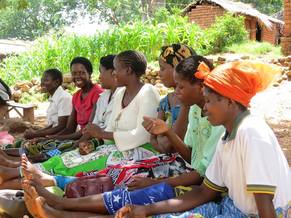 My ladies of Chididi (picture taken by Doris Nuval)
My ladies of Chididi (picture taken by Doris Nuval) Of course I would like to share the achieved results of the first year WATERS-project in Nsanje with you. Together with my Malawian colleagues Mr. Mc Duff Mwafumu and Ms. Esther Chilongo, and with the dedication of the community of TA Malemia we achieved the following:
- Realisation of 9 Village Natural Resource Management Committees (VNRMC’s);
- Strengthening 5 already existing VNRMC’s and women’s groups;
- Realisation and/or strengthening of 14 tree nurseries, managed by VRNMC’s or women’s groups;
- The planting of almost 300.000 trees in the problem area by local communities;
- Knowledge exchange in 25 villages about reforestation, sustainableland use, ecosystems and natural water management. The villages are spreading the knowledge at the moment on their own initiative;
- Training of committee members in 25 villages on management, monitoring, and administration of their activities. On their own initiative some committees organized an administration and monitoring system together to keep track of the cutting down and planting of trees;
- Training of 25 traditional leaders on management, leadership, climate adaptation, and reforestation;
- Realisation of local laws relating to cutting of trees, agriculture, encroachment, water sanitation, and use of natural resources (e.g. for traditional medicines) in 27 villages in TA Malemia. The local laws became official in May 2014, signed by all traditional leaders in the TA and the District Council;
- Training of local officers on climate change, reforestation, ecosystems, climate adaptation, sustainable land use, and project management.
This was only the first year of the project!
I’m still in touch with friends and colleagues in Malawi. My colleague Jared took over the work and will stay in Nsanje till March 2015. I’m really happy to hear the progress of the WATERS-project from him and friend and colleague Doris. In the few months Jared is working they already realized 4 more tree nurseries, involving 5 schools in the project. On each school, besides setting up the nurseries, officers teach students on the importance of reforestation and biodiversity, and work to improve water sanitation. At the same time Jared works together with the executive staff of the District Council to include climate adaptation, reforestation, and sustainable land use in the District’s management plans. He is also still working with the traditional leaders to decrease careless cutting down of trees, encroachment, corruption, and burning down of land. At the same time Doris works on a plan for the WATERS project 2.0 to continue after March 2015.
Looking back on the year I spent in Malawi, I can say that I am pretty content with the achievements we made. The project didn’t go as we expected on beforehand; we were forced to improvise and change our focus more on working directly with the local communities and less on a management level with the District Council. But in the end I am really happy we made that choice. The eagerness and hard work of the communities made the traditional leaders and officers realize they had to step up and act, and make it possible for Jared to work on management plans on a higher level in the second year of the project. I’m still involved in the project (from a distance) and will post new events and results once in a while.

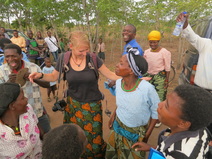
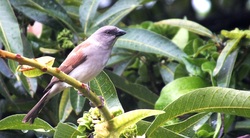
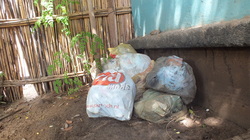
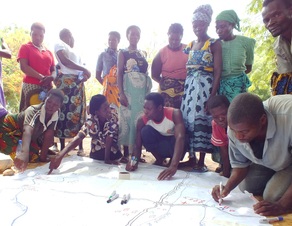
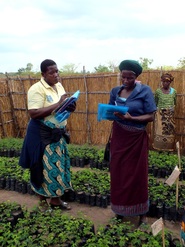

 RSS-feed
RSS-feed
